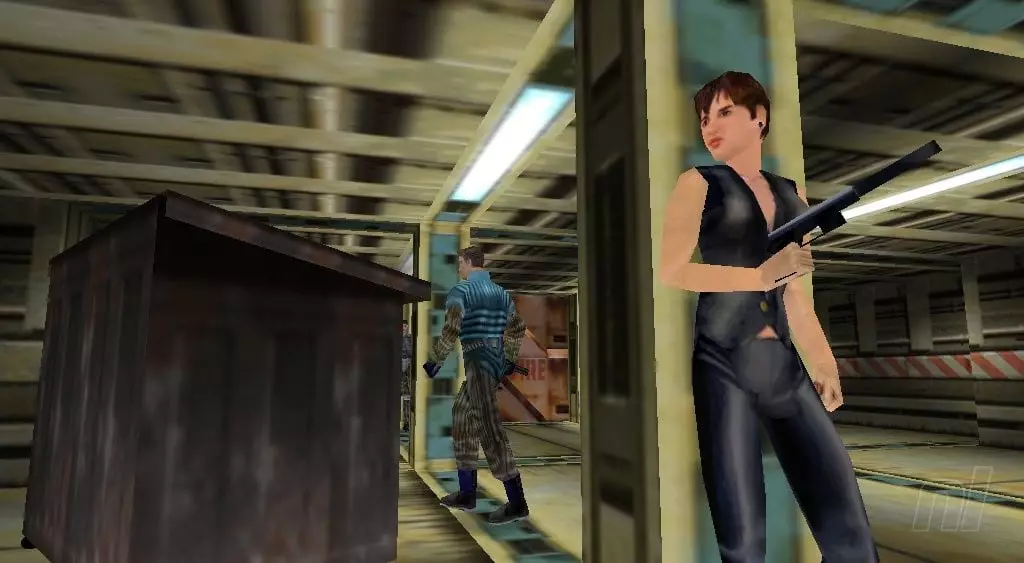The recent cancellation of The Initiative’s latest Perfect Dark project has sent shockwaves through the gaming community, particularly among dedicated fans who cherish Joanna. It’s a stark reminder of how fragile big-budget AAA franchises can be once they fall out of favor or encounter corporate shifts. Yet, amidst this uncertainty, the passionate voices of fans have begun to stir, demanding attention and action. The rallying cry from Joanna’s voice actress, Alix Wilton Regan, exemplifies this phenomenon—urging fans to publicly declare their love for the series to influence future decisions. This begs the question: can collective fan outrage or support truly sway corporate priorities? Historically, the answer isn’t definitive, but examples of unexpected revivals, such as Tango Gameworks’ resurgence or Krafton stepping in to rescue projects, demonstrate that passionate communities sometimes make a difference.
Legacy and Resilience: The Lasting Impact of Perfect Dark
Perfect Dark has earned its status as a legendary FPS franchise, especially during its debut on the Nintendo 64. That seminal experience left an indelible mark on gaming history, blending innovative gameplay with a compelling narrative. While recent efforts to revive the series have been thwarted, fans can still access the original titles via backward compatibility and subscription services like Switch Online + Expansion Pack. This resilience speaks to the franchise’s enduring legacy. Yet, the ongoing silence from Microsoft, which now owns the IP, reveals a broader issue: the tendency of corporate giants to shelve iconic franchises under the guise of strategic focus, often leaving fans feeling abandoned. It raises a vital question: how long should passionate fans wait for their beloved franchise to return, and at what point does hope turn into nostalgia?
The Industry’s Flickering Promise of Revival
The modern gaming industry shows a paradox. On one hand, corporate consolidation and risk aversion have led to the shelving of beloved IPs like Perfect Dark, Everwild, and Banjo-Kazooie. On the other, there are tantalizing moments when companies step up, inspired by vocal communities. The resurgence of properties like Hi-Fi Rush under Microsoft demonstrates that with a compelling concept and dedicated audience, studios could revisit and breathe new life into dormant franchises. The cancellation of Everwild and Perfect Dark’s latest iteration presents a gloomy outlook but also fuels the hope that these properties are not entirely dead. Sometimes, it takes external pressure, fan loyalty, or a shift in market dynamics to reignite development. The question remains: will enough voices be heard to tip the scales and inspire a revival, or are these franchises destined to fade into the annals of gaming history?
The Real Power Lies with the Community
Ultimately, the fate of Perfect Dark hinges on more than corporate strategies or developer decisions. It is shaped profoundly by the passion and persistence of its fans. Their collective voice, whether expressed through social media campaigns, petitions, or direct engagement with studios, can serve as a catalyst. It’s a testament to modern gaming’s landscape that communities wield such influence, capable of prompting studios and publishers to reconsider. If fans keep demanding Joanna’s return and show their unwavering support, they create a compelling case for a future revival. Perceptions are shifting—what was once considered a niche fandom might now hold the power to steer the course of gaming history. In this realm, hope, backed by relentless fandom, remains a potent tool for turning the tides of corporate indifference into opportunities for revival.

